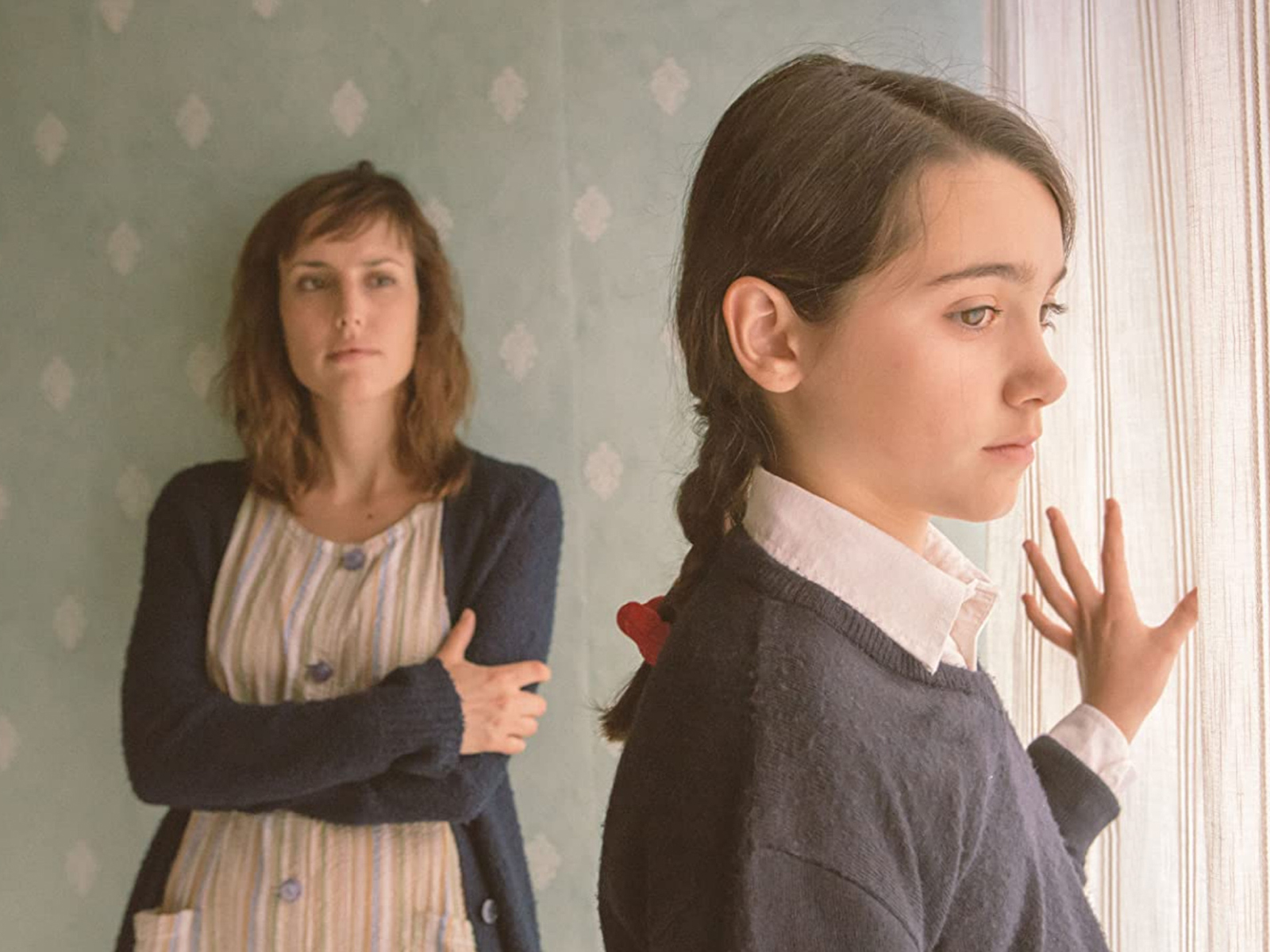
- Golden Globe Awards
The Girls (Spain)
Spain in the nineteen-nineties, the whole country is having a boom year brought about by the celebration of the Olympics in Barcelona and the Universal Exposition in Seville. This is the background (the advent of modernity) which the film protagonists see and hear via TV. Celia (played by 12-year-old newcomer Andrea Fandos) is an 11-year-old girl who goes to a Catholic school in Zaragoza. She lives with her single mother (played by Natalia Molina). Celia is growing up and her body is changing, all sorts of doubts and questions start to alter her thinking. She is no longer comfortable with the lies and silences of her mother every time she asks her about her origin. Her environment, especially the catholic girls’ school where she studies, doesn´t help either. Only the company of a new friend, Brisa, will bring a breath of fresh air into her life.
From the opening scene to its closing shot, we follow this girl in her doubts and anxieties, always glued to the amazing gaze of Andrea Fandos, an actress who director Pilar Palomero (Zaragoza, Spain. 1980) found after a six-month selection process from a pool of almost one thousand girls who auditioned. “It was wonderful to find Andrea who is extraordinary and has a special gift for drama, she is empathetic and says so much with her eyes”, said Palomero in an interview at the Berlin Film Festival. At her debut film, the Spanish filmmaker had the urge to talk not only about her personal journey but also about a social journey. The film focuses on the intimacies of adolescence and her family conflicts as well as on the social atmosphere and emotions of an era which continued to be overrun by narrow-minded thinking, inherited from the dark years of General Francisco Franco’s rule. “I tried to show that we were of two mindsets: the one we had as a society, with the burden of education received by our parents, and the one the country had, with the Olympic Games in Barcelona and the Expo in Seville. A state of euphoria in which we were looking for modernity we did not have, it didn´t exist yet”, explained the director.
The film (Las Niñas in Spanish) premiered in the Generation KPlus section at the 70th Berlin Film Festival and won the Biznaga de Oro (Best Spanish Film) at the 23rd edition of Málaga Film Festival.

